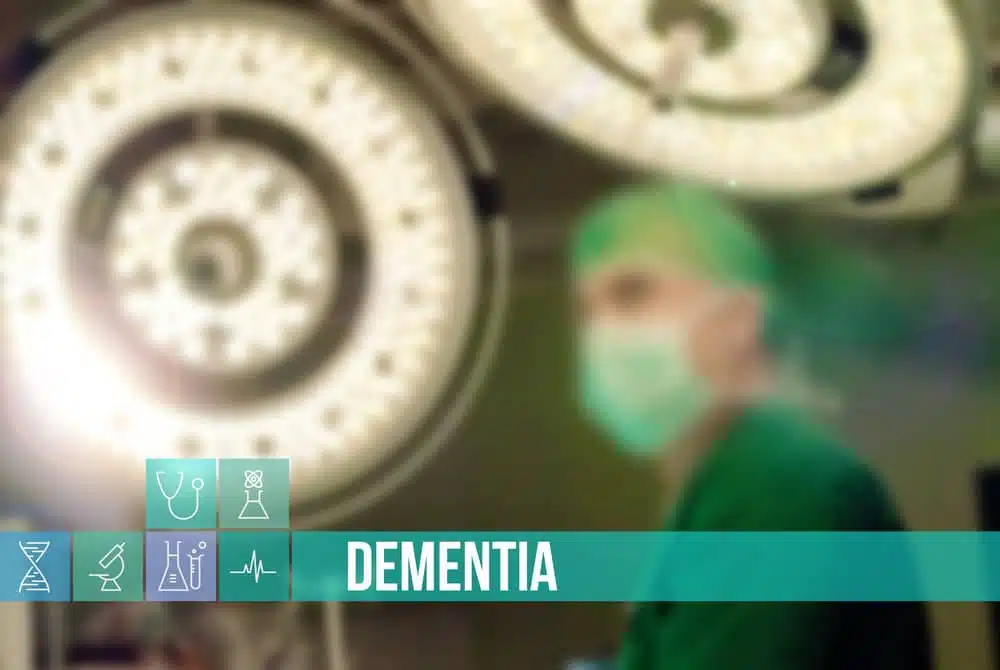Hospital Emergency Rooms Struggle with Dementia Patients
Many people who have the beginning signs of dementia or Alzheimer’s Disease may be elderly, frail, and have other underlying medical concerns which land them in an emergency room. Their confusion can trigger accidents due to mobility or unsafe environments, and forgetfulness leaves them prone to higher personal injury rates, dehydration and malnutrition, or medication under and overdoses. But despite the higher trends of patients arriving to the ER with memory and confusion related disease symptoms, too many emergency rooms are not equipped to manage them.
As our country’s population continues to grow in the number of people that are affected by Alzheimer’s disease and other types of dementia, the need for better health care services will expand as well. Until then, family members will have to stay vigilant in protecting their loved ones.
How to Advocate for Dementia Patients During ER Visits
The National Institute on Aging reports that a trip to the emergency room can greatly frighten a person battling the different forms of dementia. If you are a family member, caregiver, or friend to one of these people and end up in an emergent situation with them, here are some ways NIA says you can cope:
- Ask a friend or family member to go with you or meet you in the ER. He or she can stay with the person while you answer questions.
- Be ready to explain the symptoms and events leading up to the ER visit—possibly more than once to different staff members.
- Tell ER staff that the person has dementia. Explain how best to talk with the person.
- Comfort the person. Stay calm and positive. How you are feeling will get absorbed by others.
- Be patient. It could be a long wait if the reason for your visit is not life-threatening.
- Recognize that results from the lab take time.
- Realize that just because you do not see staff at work does not mean they are not working.
- Be aware that emergency room staff have limited training in Alzheimer’s disease and related dementias, so try to help them better understand the person.
- Encourage hospital staff to see the person as an individual and not just another patient with dementia who is confused and disoriented from the disease.
- Do not assume the person will be admitted to the hospital.
- If the person with dementia must stay overnight in the hospital or is admitted to a care facility, try to have a friend or family member stay with him or her.
In addition, if you feel uncomfortable, speak up. Especially if being sent home without a plan or are confused about instructions for follow-up care.
Attorneys for Individuals & Families Affected by Dementia
For more than 20 years, the dementia and Alzheimer’s lawyers at Levin & Perconti have helped people in Illinois and Chicago who are seeking answers about their rights when a loved one is seriously injured or killed in an ambulance ride, emergency room, hospital, nursing home, assisted living facility or when in a home healthcare services program.
If you have a family member with dementia who was not looked after appropriately by medical staff or care personnel, please contact our Chicago attorneys to discuss your situation and let us help you. Our consultations are always free, confidential, and handled by one of our skilled attorneys. Click here to fill out an online request form or call us toll-free at 1-877-374-1417 or 312-332-2872.



